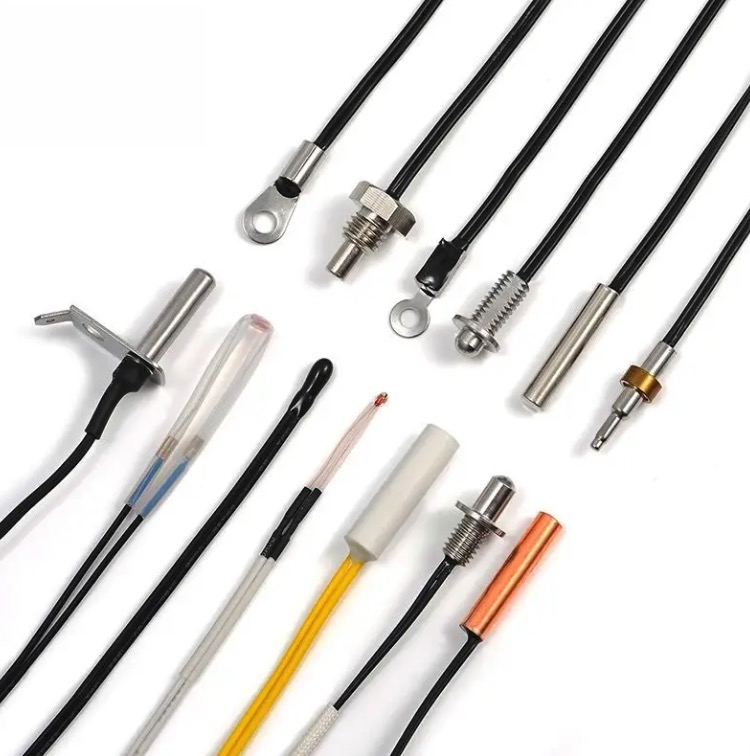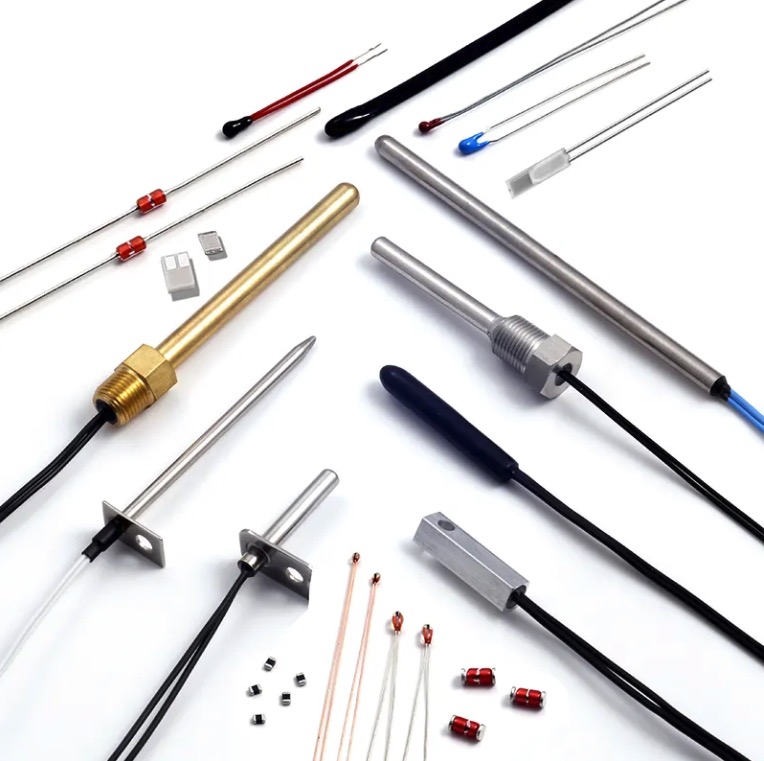NTC Thermistor 100 Ohm – A Comprehensive Guide
Table of Contents
- Introduction
- Working Principle of NTC Thermistors
- Applications of NTC Thermistors
- Advantages and Disadvantages
- Selecting the Right NTC Thermistor
- Conclusion
Introduction
NTC (Negative Temperature Coefficient) thermistors are temperature-sensitive resistors. This article provides
a comprehensive guide on NTC thermistors with a focus on the 100 Ohm variant.
Working Principle of NTC Thermistors
NTC thermistors are made from semiconductor materials that exhibit a decrease in resistance as the temperature
increases. This concept is based on the behavior of charge carriers within the material. As the temperature rises,
more charge carriers become available, reducing the resistance. This property makes NTC thermistors ideal for
temperature sensing and control applications.
Applications of NTC Thermistors
NTC thermistors find numerous applications across various industries due to their accuracy and reliability in
temperature measurement. Some common applications include:
- Temperature monitoring and control in HVAC systems
- Thermal protection in power supplies and batteries
- Temperature compensation in electronic circuits
- Medical devices, such as thermometers and incubators
Advantages and Disadvantages
Like any technology, NTC thermistors have their advantages and disadvantages. Here are a few key points to consider:
- Advantages:
- High sensitivity to temperature changes
- Small and compact size
- Cost-effective
- Disadvantages:
- Non-linear response
- Limited temperature range
- Potential self-heating effects
Selecting the Right NTC Thermistor
Choosing the appropriate NTC thermistor for your application is crucial. Consider the following factors during
selection:
- Temperature range requirements
- Accuracy and sensitivity
- Stability over time
- Package size and mounting options
Conclusion
In conclusion, NTC thermistors are versatile devices widely used for temperature sensing and control. The 100 Ohm
variant offers a reliable and cost-effective solution for various applications. Selecting the right NTC thermistor
requires careful consideration of temperature range, accuracy, stability, and package options.




